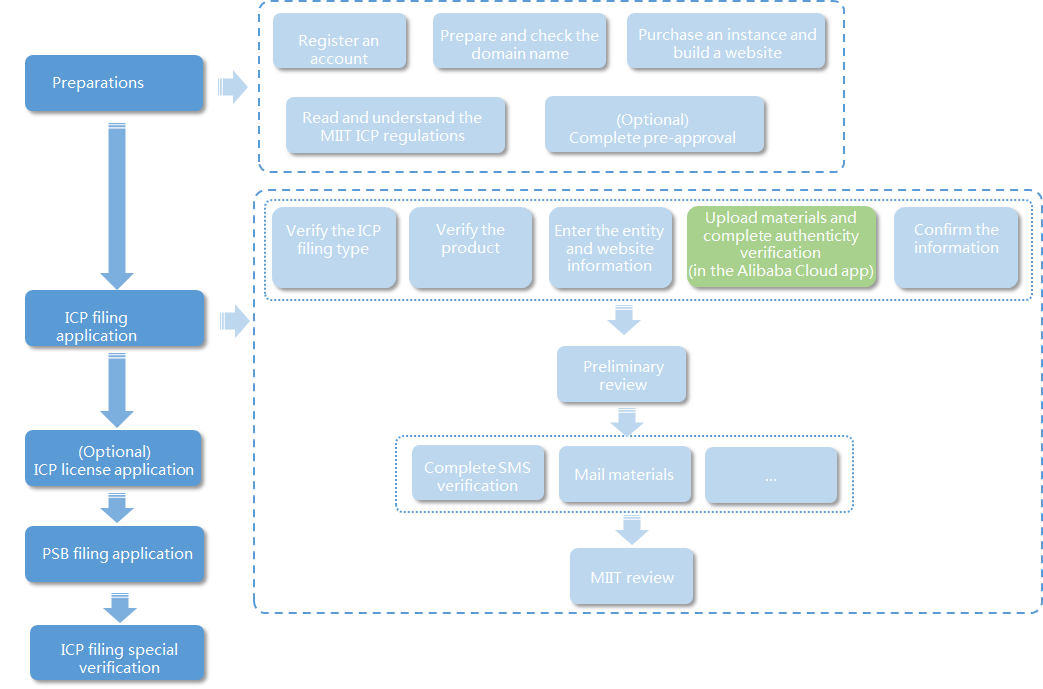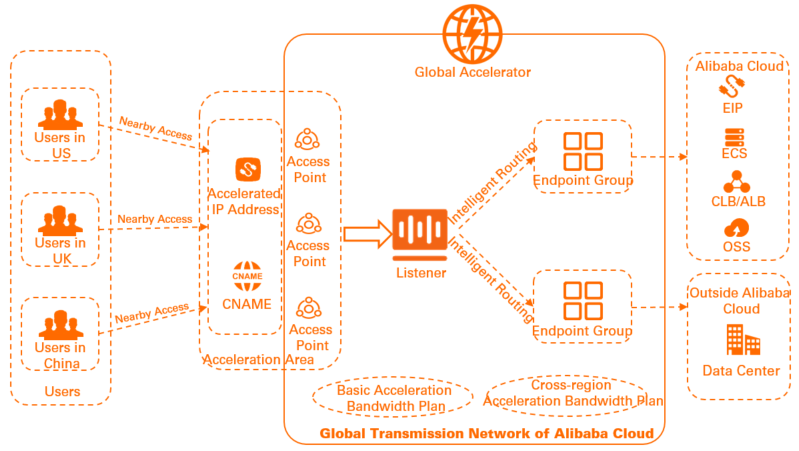By: Jeremy Pedersen
This week, we take a (quick) look at maintaining a web presence in China, without having an office there.
I can already guess what you're thinking. "Why does this require a whole blog post? I'll just do what I do in every other country...get a good CDN or set up a local webserver!". Unfortunately, China isn't like any other country.
The first thing you need to know is that China's web is a highly regulated place. Running a website in Mainland China requires you to go through several different steps, the key step being the ICP licensing process. That's right: you need a license to run a website in China, just like you would need a license to broadcast commercial TV or radio in most other countries.
You'll find that there are fairly strict requirements in place regardless of what you're trying to do online, with requirements differing based on:
So you want to sell actual, physical goods in China. Good for you!
There are two ways to do this: sell things from your own website, or sell things from one of China's many online marketplaces. Selling things from your own website is actually quite rare in China, as most consumers shy away from sites they don't recognize, so let's assume you're using a marketplace.
Registering for any of the major Chinese commerce platforms (like Alibaba's Tmall or Taobao) is going to require:
Since you're selling real, physical goods, you will also need to register with Chinese customs and make sure your items can be imported, then import and store them for sale. So...not simple!
Most foreign companies wanting to sell in the Chinese market end up going through a local partner, as this avoids the hassle of setting up your own company, renting office space, and the like.
If you did really want to set up your own website to sell things, you're going to need all of the above, plus a Chinese ICP license, which is a registration that authorizes you to run a website hosted in Mainland China.
The Alibaba Cloud official website has a whole page dedicated to the ICP filing process. There are two different types of ICP, but the process starts the same way for both.
There's a handy chart in the Alibaba Cloud documentation that summarizes the process, which I shamelessly re-post here:

Essentially, you need:
If, at this point, you want to use your website to generate revenue, say through direct sales or advertising, you'll need to continue the process by applying for an "ICP License". To do that, you'll need to:
Actually, that last step is mandatory even if you have only applied for an ICP number, not a commercial ICP license.
Oh, and did I mention? Most of these steps must be carried out in Chinese, and some of them require a Mainland Chinese phone number.
As you might expect, the difficulty of going through these steps strongly incentivizes foreign businesses to team up with a local partner. Especially these days with COVID travel restrictions still in effect for China, this is probably your best bet.
So you've reviewed the information above and you still want to make your website available to users in Mainland China. What are your options?
Without a presence in China or a close partner there, you won't be able to complete the ICP filing or get a commercial ICP license, which means you cannot use CDN services in Mainland China or host your website there, but you can still take steps to speed things up. Let's look at a few options.
Using a CDN that has a presence near mainland China, like Alibaba Cloud's CDN, can speed things up significantly for Chinese users. Note that despite being a part of China, Hong Kong does not require ICP filing or commercial ICP licenses. Because Hong Kong internet service providers are well-connected to Mainland China, CDN content for Mainland Chinese users can be cached there, accelerating website access.
Similar to option one, hosting your site in Hong Kong directly can speed up access for Mainland Chinese users. If your site has dynamically-generated content that cannot be readily accelerated by a conventional CDN, this option can result in even better performance for your Chinese users.
There are lots of ways you could set up a site, but the simplest option would be to start out with an ECS instance, which is a virtual machine running Linux or Windows. You could get a website up and running on an ECS instance in less than a day, using common open-source tools.
So CDN isn't adequate for your application and you can't re-host in Hong Kong. What now? Enter Global Accelerator (GA). As seen in this handy diagram (lifted directly from the documentation), GA essentially takes traffic from one geographical area and forwards it over Alibaba Cloud's private network to some other region:

With this configuration, you are forwarding traffic from an "accelerated IP" hosted in an Alibaba Cloud location near your end users, to an "Endpoint Group" which is located near the service you are trying to accelerate.
The traffic from the "accelerated IP" to the "endpoint group" is routed not over the public Internet, but over Alibaba Cloud's private backbone, resulting in significantly lower latency.
You are creating a shortcut from your service - wherever it is hosted - to your end-users.
By creating an "accelerated IP" in Alibaba Cloud's Hong Kong region, you'll be able to give Mainland Chinese users a much better experience without needing to apply for an ICP license.
Without having a physical presence in Mainland China or a local partner there really aren't many: I have listed the best three already!
I should say, though, that services that are not made publicly available do not require an ICP license, so if you simply need to accelerate some internal application for remote workers in China, you can do that via other Alibaba Cloud tools such as Cloud Enterprise Network (CEN) without the need for an ICP license.
JDP - March 17, 2022
JDP - November 19, 2021
JDP - August 27, 2021
JDP - May 27, 2021
JDP - December 10, 2021
JDP - February 4, 2022
 Alibaba Cloud Academy
Alibaba Cloud Academy
Alibaba Cloud provides beginners and programmers with online course about cloud computing and big data certification including machine learning, Devops, big data analysis and networking.
Learn More AI Acceleration Solution
AI Acceleration Solution
Accelerate AI-driven business and AI model training and inference with Alibaba Cloud GPU technology
Learn More Edge Security Acceleration (Original DCDN)
Edge Security Acceleration (Original DCDN)
Edge Security Acceleration (ESA) provides capabilities for edge acceleration, edge security, and edge computing. ESA adopts an easy-to-use interactive design and accelerates and protects websites, applications, and APIs to improve the performance and experience of access to web applications.
Learn More Global Application Acceleration Solution
Global Application Acceleration Solution
This solution helps you improve and secure network and application access performance.
Learn MoreMore Posts by JDP